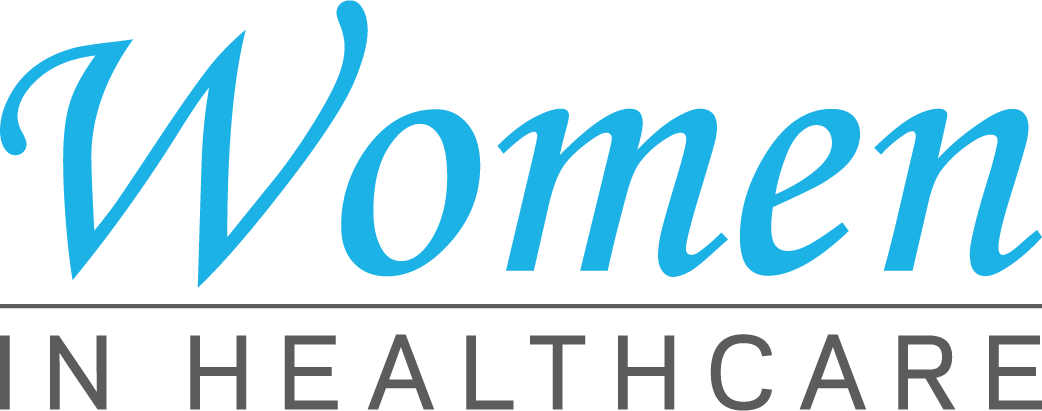Healthcare RCM Equipments to Take Full Advantage Of Earnings and Minimize Denials
Healthcare RCM Equipments to Take Full Advantage Of Earnings and Minimize Denials
Blog Article
Comprehending the Function of Healthcare RCM in Enhancing Financial Efficiency and Client Fulfillment
Navigating the intricacies of Medical care Profits Cycle Administration (RCM) is important for achieving optimal economic efficiency while concurrently raising person contentment. As we check out the transformative potential of RCM, inquiries about its critical application and future advancements bid, promising understandings that could redefine sector requirements and person experiences alike.

Trick Elements of RCM
In the complicated landscape of healthcare, Earnings Cycle Administration (RCM) is pivotal in making certain monetary security and operational performance. Individual registration and qualification verification are fundamental steps, making certain that precise patient info is captured and insurance policy coverage is validated before solutions are rendered.

Fee capture is an additional crucial component, entailing the accurate recording of solutions provided to clients. It makes certain that all billable services are made up, thus making the most of earnings possibility. Concurrently, medical coding translates patient experiences right into standardized codes, which are vital for payment and regulatory conformity.
Cases submission and monitoring follow, including the prep work and entry of claims to payers. This process needs thorough interest to detail to lessen mistakes and avoid hold-ups. Rejection administration is an aggressive method to resolve and fix refuted claims, safeguarding earnings streams.
Lastly, settlement publishing and client collections complete the cycle, making sure settlements are properly videotaped and impressive equilibriums are sought. Together, these elements create a robust structure that sustains the operational and economic health and wellness of health care companies.
Impact on Financial Performance
Effective Revenue Cycle Monitoring (RCM) significantly affects a health care company's monetary performance by optimizing cash circulation and lowering profits leakage. RCM encompasses the comprehensive payment and collection procedures that guarantee doctor effectively manage their economic deals from individual registration to final settlement. By enhancing these processes, organizations can decrease rejected claims, expedite settlement cycles, and enhance overall economic health.
Economic efficiency is improved with meticulous management of payment procedures, which involves precise coding and timely entry of claims. This lowers the possibility of claim rejections and rejections, which can significantly impede revenue circulation if not attended to promptly. Additionally, integrating sophisticated technology options helps with real-time monitoring of claims and economic metrics, offering medical care administrators with the tools necessary to make enlightened tactical choices.

Enhancing Individual Satisfaction
While enhancing financial performance is a vital objective of Earnings Cycle Management (RCM), it additionally plays a critical duty in boosting patient contentment. Patients today demand openness, performance, and accuracy in their health care communications. RCM systems streamline these procedures, offering individuals a seamless experience from visit organizing to payment. By decreasing management problems, RCM permits doctor to focus extra on patient treatment, which directly boosts individual fulfillment.

RCM also boosts person contentment with efficient communication. By keeping a thorough data source of client information, RCM facilitates boosted interaction between patients and doctor, guaranteeing patients really feel educated and valued. This transparency and availability promote a positive client experience. In general, effective RCM implementation not just increases financial outcomes but additionally dramatically contributes to a patient-centered health care environment.
Strategies for Efficient RCM
Accomplishing efficient Revenue Cycle Administration (RCM) calls for health care companies to implement a set of calculated techniques that guarantee monetary security and functional efficiency. One important approach is the adoption of technology-driven services, such as integrated software program platforms that enhance payment procedures, decrease mistakes, and enhance data precision. These systems make it possible for real-time tracking of economic metrics, allowing for timely recognition and rectification of ineffectiveness.
An additional technique is the standardization of procedures across the income cycle. Healthcare RCM. This entails developing constant plans for client enrollment, insurance confirmation, and claims processing. By making certain that all staff comply with these standards, organizations can accelerate and decrease disparities settlement collections
Staff training and advancement additionally play a pivotal role in effective RCM. Well-trained workers can successfully navigate complicated billing treatments and laws, decreasing denials and enhancing cash money flow. Routine updates on policy modifications and best methods help preserve a proficient and knowledgeable labor force.
Future Trends in RCM
As health care organizations enhance their Earnings Cycle Administration (RCM) techniques with technology and standardized procedures, attention is now transforming towards the future patterns forming this important area. One substantial pattern is the assimilation of image source fabricated knowledge (AI) and equipment knowing to automate intricate tasks, such as insurance claims processing and anticipating analytics. These technologies are anticipated to minimize mistakes, increase deal times, and provide data-driven understandings for much better decision-making.
Furthermore, the shift towards value-based treatment continues to check this influence RCM methods - Healthcare RCM. Medical care suppliers are anticipated to progressively concentrate on person outcomes and contentment, necessitating RCM systems that can fit brand-new repayment models. This shift will certainly call for more detailed information collection and evaluation to efficiently determine and report on efficiency metrics
Interoperability is another emerging concern, as smooth information exchange in between disparate systems ends up being essential. Improved interoperability will certainly promote more accurate person information sharing, minimizing management concerns and enhancing the person experience.
Conclusion
Healthcare Income Cycle Monitoring (RCM) dramatically affects both economic efficiency and individual complete satisfaction by optimizing payment processes, guaranteeing exact coding, and making it possible for punctual claims submission. Efficient RCM decreases profits leakage and speeds up money circulation, reducing insurance claim denials and speeding up settlements.
Browsing the ins and outs of Medical care Earnings Cycle Administration (RCM) wikipedia reference is important for accomplishing optimal economic performance while concurrently raising client contentment. RCM incorporates the comprehensive payment and collection procedures that ensure health care carriers successfully manage their monetary transactions from individual enrollment to last payment. By minimizing management burdens, RCM allows health care carriers to focus more on client treatment, which straight boosts patient complete satisfaction.
By preserving a thorough data source of patient information, RCM helps with enhanced interaction in between people and healthcare providers, making sure individuals really feel educated and valued.Medical Care Revenue Cycle Management (RCM) considerably influences both monetary efficiency and patient complete satisfaction by enhancing payment procedures, ensuring specific coding, and making it possible for prompt insurance claims entry.
Report this page